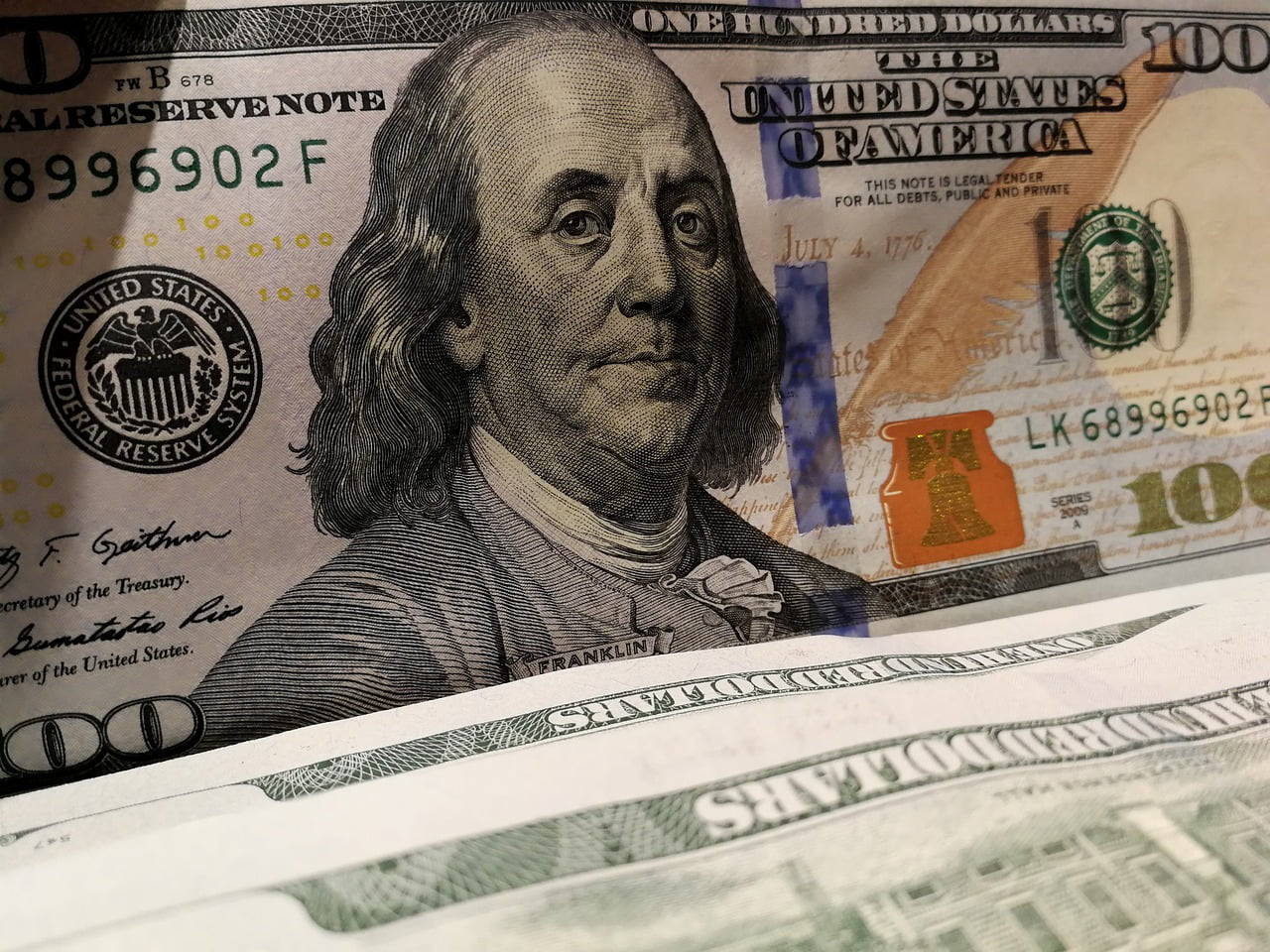Whitney Tilson’s email to investors discussing that as lumber prices fall, the threat of inflation loses its bite; the week inflation panic died; the pandemic stimulus was front-loaded; how bad is our company’s product? let us list the ways; advice to grads: be warriors, not wokesters.
Q1 2021 hedge fund letters, conferences and more
As Lumber Prices Fall, The Threat Of Inflation Loses Its Bite
1) I continue to closely follow the debate about inflation: Are we seeing a blip right now, or are we in for a period of sustained, broad-based, high inflation?
Below are two interesting articles I've read on the topic recently. As I read them, I tried to keep in mind that the plural of anecdote is not data...
As Lumber Prices Fall, the Threat of Inflation Loses Its Bite. Excerpt:
The housing-and-renovation boom drove insatiable demand for lumber, even as the pandemic idled mills that had already been slowed by an anemic construction sector since the 2008 financial crisis. Lumber futures surged to unprecedented heights, peaking at more than $1,600 per thousand board feet in early May.
But since then, the prices of those same plywood sheets and pressure-treated planks have tumbled, as mills restarted or ramped up production and some customers put off their purchases until prices came down.
It's a dance of supply and demand that has reassured many experts and the Federal Reserve in their belief that painful price spikes for everything from airline tickets to used cars will abate as the economy gets back to normal.
The Week Inflation Panic Died
New York Times columnist and Nobel Prize winning economist Paul Krugman's take: The Week Inflation Panic Died. Excerpt:
Remember when everyone was panicking about inflation, warning ominously about 1970s-type stagflation? OK, many people are still saying such things, some because that's what they always say, some because that's what they say when there's a Democratic president, some because they're extrapolating from the big price increases that took place in the first five months of this year.
But for those paying closer attention to the flow of new information, inflation panic is, you know, so last week.
The Pandemic Stimulus Was Front-Loaded. That Could Mean a Bumpy Year
2) Here's a related article about the challenges our economy faces going forward: The Pandemic Stimulus Was Front-Loaded. That Could Mean a Bumpy Year. Excerpt:
The U.S. economy is about to face a new challenge that has its roots in the arithmetic of growth: That which fiscal stimulus giveth, fiscal stimulus taketh away.
The $1.9 trillion American Rescue Plan enacted in March, as well as a $900 billion pandemic aid package passed in December, is heavily front-loaded. They were set up to get money out the door fast. But one consequence of that strategy is that fiscal policy in the quarters ahead will subtract from economic growth.
Economists mostly project that the economy, with strong momentum in the labor market and huge pools of pent-up savings by households, will be strong enough to keep growing despite the fading of the fiscal boost. To avoid an economic downturn, a huge handoff must occur from government-driven demand to the private sector.
How Bad Is Our Company's Product? Let Us List the Ways
3) This story on the front page of yesterday's Wall Street Journal cracked me up: How Bad Is Our Company's Product? Let Us List the Ways. Excerpt:
Tobacco giant Altria (MO) is on trial, accused of breaking antitrust laws by abandoning its e-cigarette business at the request of rival Juul Labs. The Marlboro maker's defense: Our e-cigarettes were lousy.
To make its case, Altria has asked its own executives to disclose, in detail, their litany of failures.
On the witness stand, current and former Altria executives have recounted how the company threw hundreds of millions of dollars at developing a vaping product, yet failed to come up with anything smokers liked.
Here's more on the case: Altria-Juul Deal Goes to Trial.
Advice to Grads: Be Warriors, Not Wokesters
4) As usual, NYU marketing professor Scott Galloway has some seriously good advice, which I forwarded to my three daughters (especially the one who just graduated from Wake Forest last month and has already started working as a Retail Sales Representative for Nestlé): Advice to Grads: Be Warriors, Not Wokesters. Excerpt:
My bromide: Be warriors, not wokesters.
Be mentally and physically... warriors. Lift heavy weights and run long distances, in the gym and in your mind. Many tasks you'll be asked to perform early in your career will be tedious. Don't do what you are asked to do, but what you are capable of doing. Think of it as boot camp before being sent to battle, as there are millions of other warriors fighting to win the same regions of prosperity. Get strong, really strong. You should be able to walk into a room and believe you could overpower, outrun, or outlast every person in the room.
My first job was at Morgan Stanley (MS). I wasn't as well educated as the other junior analysts. (My fault: UCLA is a sink-or-swim place; I decided to do neither and smoke pot and tread water.) Anyway, at Morgan, every other week I'd go to work Tuesday morning and not leave until Wednesday night. Nobody was at home waiting for me, I had no real hobbies, and in your twenties, if you don't tell yourself otherwise, you can work 30+ hours straight... easily.
Send a message to your colleagues that you came to play. Many of you will have a gag reflex at my boomer capitalist mentality or some such bullshit. No, it's America – a platform to deploy skills and grit to add value and garner resources. Every day, America becomes more like itself and becomes a better country... for people who have resources and/or influence.
Best regards,
Whitney






